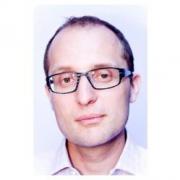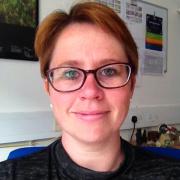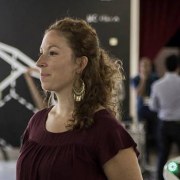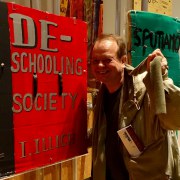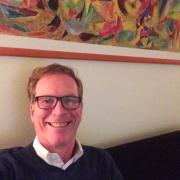Measuring quality in informal science education
Find this session's presentations here.
Education is becoming more and more a way of capitalising social responsibility. Many science centres and museums are held accountable for their performance in relation to what is achieved through education. So far external pressure (from governments mostly) is put on quantitative performance whereas our institutions are more concerned with their own ambition to produce high quality education.
Informal learning is gaining in acceptance/significance as being maybe as important as its formal sister and many museums and science centres, seizing this opportunity, are starting to develop their 'curriculum' more extensively and explicitely.
This session explores initiatives to share and compare these education practices and come to a (higher) standard in informal education. In discussing options with participants we would like to explore forming a community on education quality. Starting with a brief theoretic background, we then look at different initiatives. In The Netherlands for instance natural history museums are establishing a network to share best practice and peer to peer comparison/exchange, eventually aiming to set a benchmark for education quality.
Session speakers
Head of Learning and Audiences
The Natural History Museum with King’s College London and the University of Bristol convened a series of seminars bringing together learning practitioners and academics to examine the complexities of learning in natural history environments to formulate a collaborative research agenda. What next for the agenda? We will briefly explore how, through partnership working we can better understand learning across the sector and ultimately design the highest quality learning experiences.
Department for Education and Scientific Culture - Director
For the last 20 years we've been working together with schools and the Portuguese government in order to stablish closer collaborations between formal and non-formal education, where science centres, researches, students and local community work together to promote knowledge through meaningful experiences. During this session, we'll explore some examples of cooperation.
Professor, Research Director
Reporting on the latest research results on Informal Science Education!
Education and Exhibitions / Deputy Director
Leren Doe Je Samen (Learning is done together) is a project run by the joined Dutch Natural History museums to establish a quality framework for learning. The project started in 2016 and the results so far will be discussed

